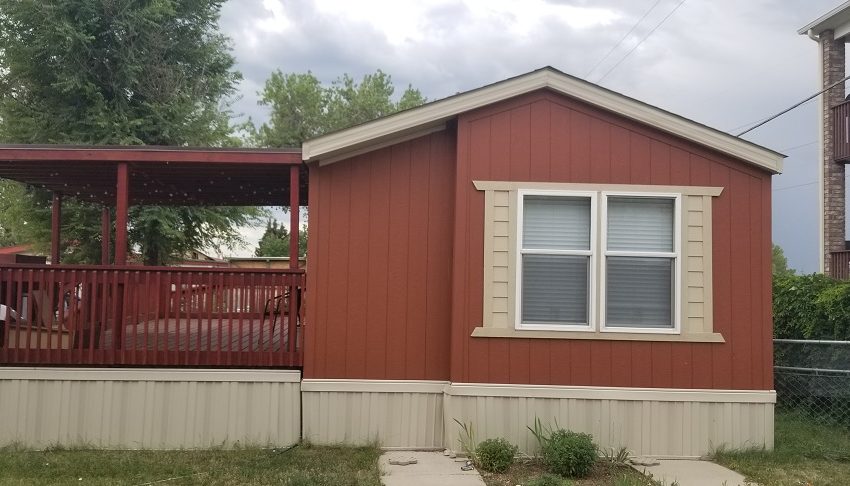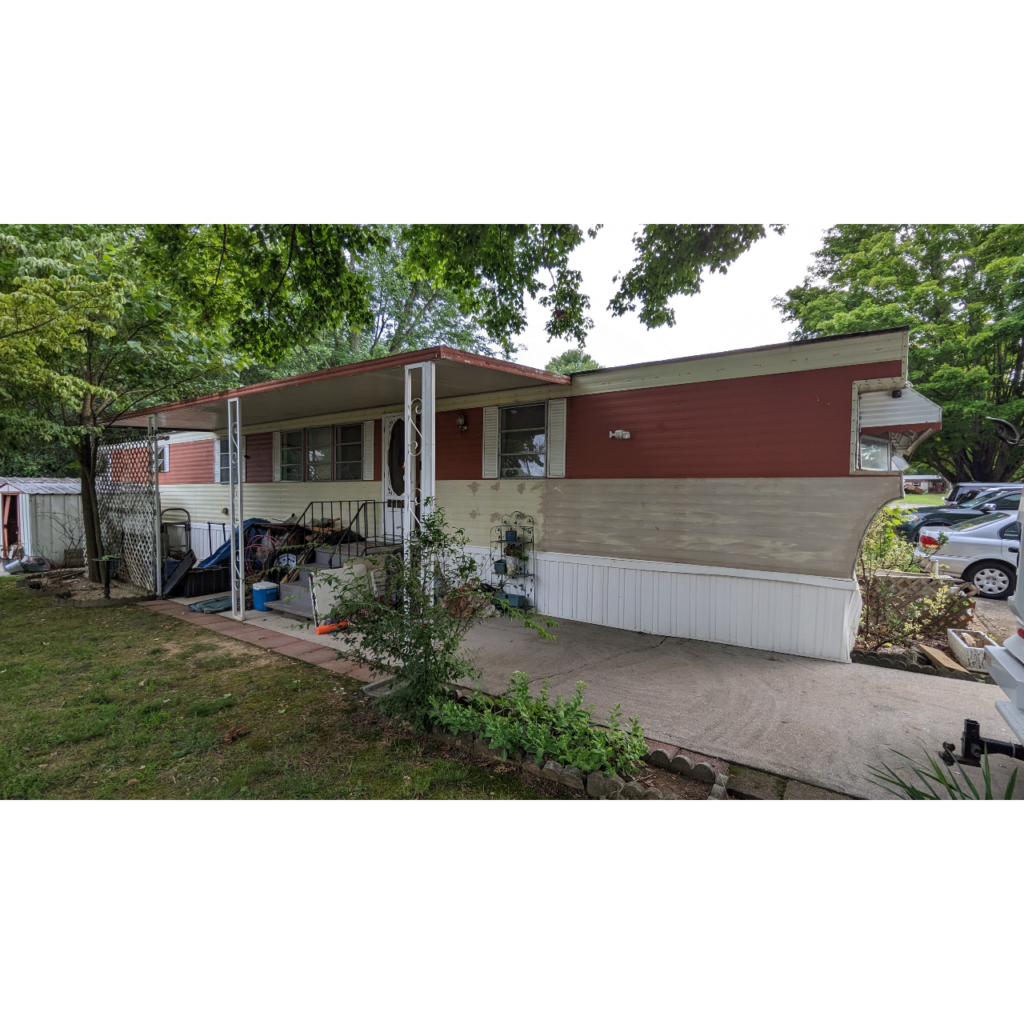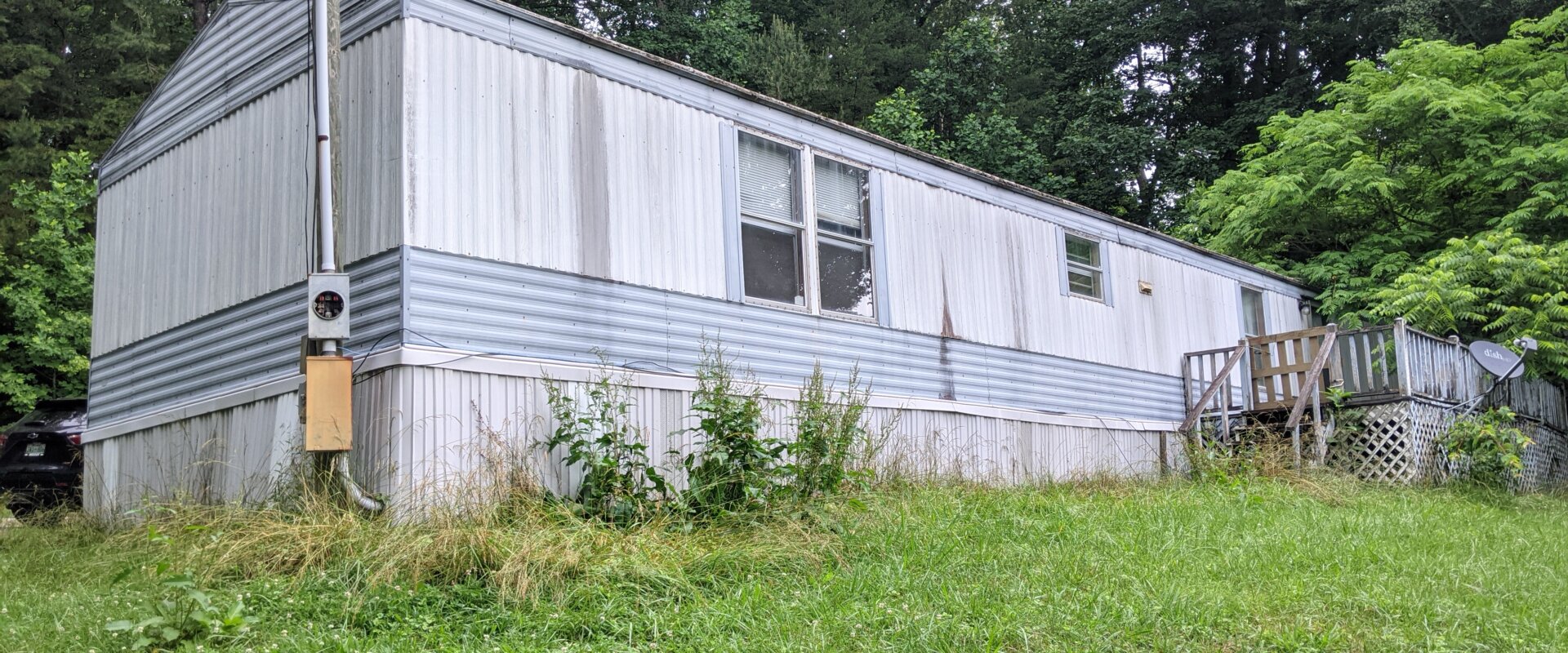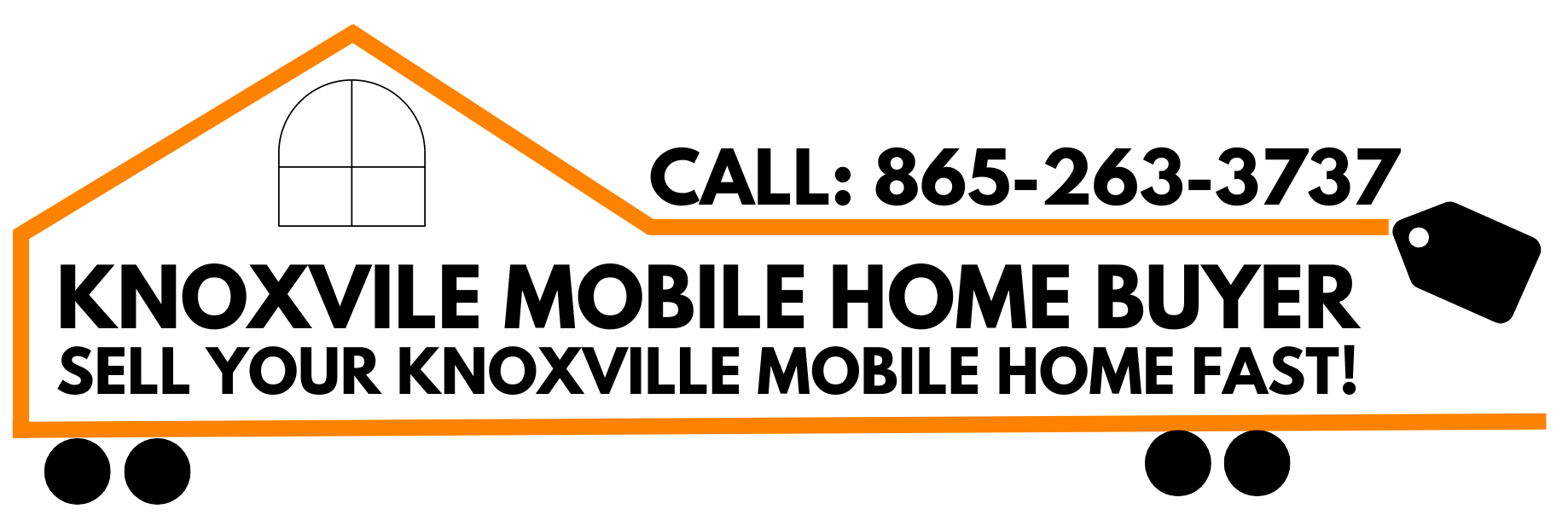Selling a mobile home in Tennessee presents unique challenges and opportunities that differ significantly from traditional real estate transactions. Whether you’re upgrading, relocating, or simply looking for a change, understanding the intricacies of the mobile home market and preparing accordingly can significantly impact the success of your sale. This analysis delves into the essential considerations for mobile home sellers in Tennessee, from market dynamics and legal requirements to financial implications and effective marketing strategies. Armed with this knowledge, sellers can navigate the complexities of the mobile home market with confidence, ensuring a smooth and profitable sale.

Understanding the Tennessee Mobile Home Market
The mobile home market in Tennessee is influenced by a variety of factors, including economic trends, housing demand, and geographic location. Currently, the state experiences a high demand for affordable housing solutions, placing mobile homes as a desirable option for many buyers. However, prices and demand can vary widely depending on the location, with homes in or near urban centers and popular communities fetching higher prices.
Market trends also reflect a growing interest in mobile homes as both primary residences and investment properties, driven by their affordability and flexibility compared to traditional homes. Sellers should consider these trends when pricing their homes, taking into account the age, condition, and features of their property, as well as the characteristics of the local market.
The community or park where the mobile home is located can also play a significant role in the sale. Communities with well-maintained common areas, amenities, and a strong sense of security tend to be more attractive to buyers, potentially increasing the value of homes within them. Understanding these market dynamics is crucial for setting a competitive and realistic sale price.
Legal Considerations
Selling a mobile home in Tennessee involves navigating specific legal requirements to ensure a smooth transfer of ownership. One of the primary considerations is the process of title transfer, which verifies the seller’s ownership and allows for the legal sale of the home. Sellers must ensure that the title is clear of any liens or encumbrances, as these can complicate or even halt the sale process.
Additionally, Tennessee’s zoning and land use regulations may affect the sale, especially if the mobile home is situated on owned land. Sellers should verify that their property complies with local regulations, as non-compliance can be a significant deterrent for potential buyers.
Sellers are also required to make certain disclosures about the condition of the mobile home, including any known defects or issues that could affect the property’s value or livability. These disclosures are not only a legal requirement but also a matter of ethics, ensuring transparency and building trust with potential buyers.
Understanding and complying with these legal requirements is essential for sellers in Tennessee, helping to prevent disputes and ensuring that the sale proceeds as smoothly as possible.
Financial Considerations
When selling a mobile home in Tennessee, understanding the financial landscape is crucial for a successful transaction. One of the first steps is accurately estimating the value of your mobile home. This involves considering factors such as the home’s age, condition, upgrades, and the current market demand. Online valuation tools, comparable sales in your area, and professional appraisals can provide a solid basis for setting a competitive and fair asking price.
Tax implications are another important consideration. While Tennessee does not impose a state income tax, sellers should be aware of potential capital gains taxes on the sale, especially if the mobile home has significantly appreciated in value since its purchase. Consulting with a tax professional can help clarify these implications and assist in planning for any tax liabilities.
Seller fees and potential buyer financing options also play a role in the financial planning of your sale. Typical seller fees may include closing costs, commissions for real estate agents, and possible repairs or upgrades negotiated during the sale process. Understanding the financing options available to potential buyers, such as chattel loans for mobile homes not permanently affixed to land, can help in targeting your marketing efforts and facilitating a smoother sale.
Preparing Your Mobile Home for Sale
Preparing your mobile home for sale in Tennessee involves several key steps to enhance its appeal and secure the best possible price. First impressions are crucial, making curb appeal and interior staging vital. Simple landscaping, a fresh coat of paint, and ensuring the home is clean and clutter-free can make a significant difference. For the interior, consider minor renovations that can increase the home’s value, such as updating fixtures, repairing any damage, and applying a fresh coat of paint in neutral colors to appeal to a wider range of buyers.
Addressing necessary repairs is essential for avoiding potential roadblocks during the sale process. Prioritize repairs that could deter buyers or affect the home’s safety and functionality, such as fixing leaks, repairing structural issues, and ensuring all electrical and plumbing systems are in good working order. Additionally, upgrading outdated features can make the mobile home more attractive and competitive in the market.
Ensuring compliance with safety and housing standards is not only a legal requirement but also a selling point. Certifications that the mobile home meets or exceeds current standards can be a reassurance to prospective buyers about the quality and safety of the home.

Marketing Strategies for Your Mobile Home
Effectively marketing your mobile home in Tennessee is essential for attracting potential buyers and achieving a successful sale. Utilizing a variety of advertising channels can maximize your reach. Online platforms, such as real estate listing websites, social media, and mobile home sales platforms, offer extensive visibility and the ability to target specific audiences. High-quality photos and a detailed description highlighting the home’s best features can significantly enhance your listing’s appeal.
In addition to digital marketing, don’t overlook the value of local advertising methods. Community bulletin boards, local newspapers, and word-of-mouth can be effective, especially in areas where mobile homes are in high demand. Hosting open houses can also allow potential buyers to experience the home firsthand, increasing their interest and engagement.
Working with a real estate agent who specializes in mobile homes can provide a significant advantage. These professionals understand the specific challenges and opportunities within the mobile home market and can offer tailored advice and support throughout the sales process, from listing to closing.
Closing the Sale
Successfully negotiating and closing the sale of your mobile home in Tennessee requires careful attention to detail and a solid understanding of the legal and financial steps involved. Be prepared to negotiate with potential buyers to reach a fair sale price that reflects the home’s value and market conditions. Once an agreement is reached, the closing process involves finalizing the financial transactions, transferring the title, and completing any required legal documentation.
Ensuring all paperwork is accurately completed and that both parties fulfill their obligations is crucial for a smooth transfer of ownership. Working with a professional, such as a real estate attorney or a title company, can help navigate this process, ensuring all legal requirements are met and the sale is concluded efficiently.
Knoxville Mobile Home Buyer Is The Hassle Free Solution When Selling Your Mobile Or Manufactured Home. (865)-263-3737
- No High Pressure Sales Techniques
- Personal Service. No Fees Or Commissions Or Closing Costs
- Offers Tailored Toward Your Financial Goals
- Transparency And Communication

